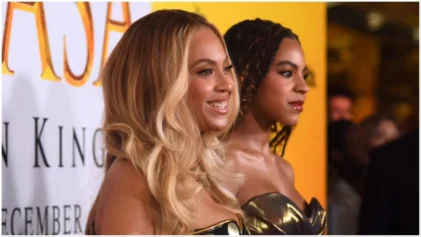The last few years have been good for hip hop nerds, bringing along with the usual mixtapes and albums an unexpected load of books. It began with Jay-Z’s deluxe coffee-table memoir Decoded. Then there was My Infamous Life by Albert Johnson, otherwise known as Prodigy of Mobb Deep, and an autobiography by Common. Ice-T has added to the pile, and Fifty Cent has released a young adult story about bullying. (He’s against it.) Nas is apparently at work on something, as well as Lil Wayne, Cee-Lo, and Q-Tip of A Tribe Called Quest. It may seem predictable that rappers would sooner or later capitalize on our memoir-happy times—can’t knock the hustle now—but the amount of ink being spilled suggests that more is at play.
Also relevant here is Yale’s The Anthology of Rap. For the unfamiliar, the book is just what it sounds like: a hefty collection of rap lyrics. It’s the first of its kind, so it’s been enjoyable and salutary to see the literary world come to terms with it. Hip hop has long been written about, of course, but it’s not everyday you see it treated in the New York Review of Books, or hear people, Sam Lipsyte in this case, praising the “lush Keatsian soundplay” of Jay-Z. That said, responses to the book have been mixed. The editorial writing is informative and the contents are, for the most part, inclusive. There may be nothing by Redman, and The Pharcyde are relegated to the perfunctory “Lyrics for Further Study” section, but why quibble? After all, here’s Ultramagnetic MCs, Freestyle Fellowship, and Devin the Dude. The lyrics themselves, however, often so memorable in their natural element, can look lifeless or painfully silly on the page. And though hip hop has been an object of academic study for years now, institutionalization seems to jar with its spirit.
Whatever you make of it, the anthology was going to happen, and is a sign that hip hop is reaching a place of wider legitimacy. The recent spate of autobiographical activity is related to that, though it also just testifies to the fact that a certain generation is getting on. Consider some of the recent rapper-authors: Prodigy was born in 1974, Common in 1972, Jay-Z and the RZA of the Wu-tang Clan in 1969. All were adolescents in the eighties, during the great social transformations wrought by crack, and all went on to contribute to one of hip hop’s most competitive and beloved micro-periods, the mid to late nineties. It’s likely that the books stem partly from an underlying nostalgia for this time, when rap—gangster or conscious, mainstream or independent—seemed less splintered than it is now, more part of a single vibrant conversation. (And also that a group of 30 and 40 year olds, much like their readers, are nostalgic for their twenties.) Hence, the recent Tribe documentary, Nas’s live performances of the now 18-year-old Illmatic, all those cars driving around still playing “Juicy.” The lives went directly into lyrics…
Read more: James Guida, NPlusOne


